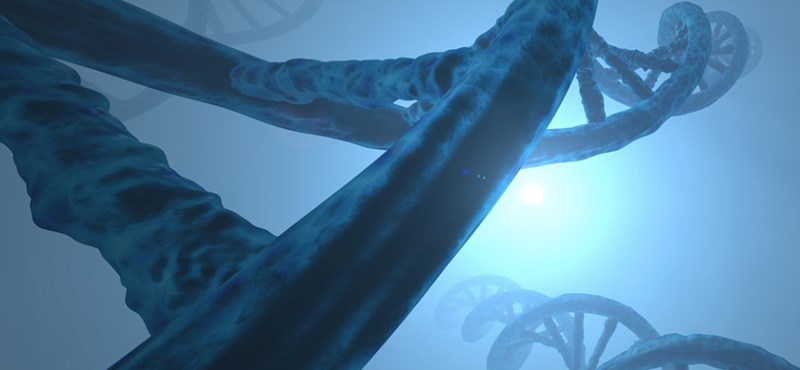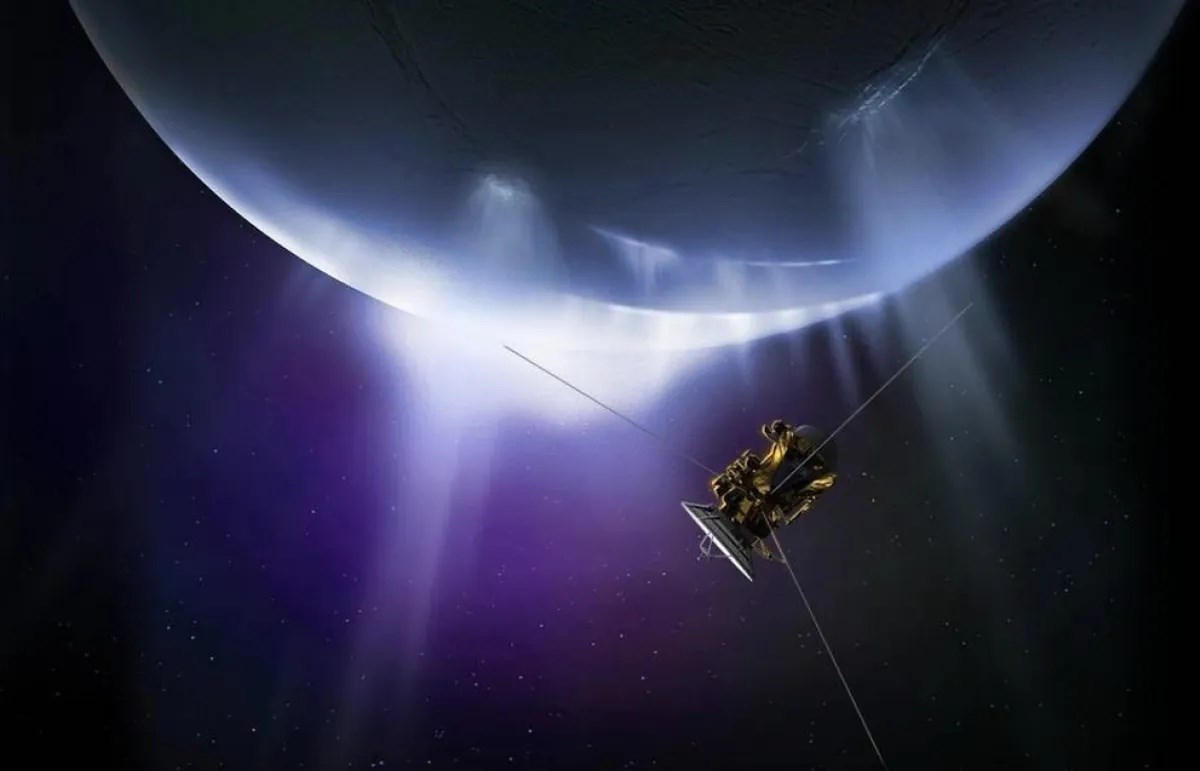[{“available”:true,”c_guid”:”7d75963f-9ac2-4802-a4f5-3fff3ab10704″,”c_author”:”hvg.hu”,”category”:”itthon”,”description”:”A legmagasabb hőmérséklet 26-32 fok között lehet szombaton.”,”shortLead”:”A legmagasabb hőmérséklet 26-32 fok között lehet szombaton.”,”id”:”20230701_Zivatarokkal_koszont_be_a_julius”,”image”:”https://api.hvg.hu/Img/ffdb5e3a-e632-4abc-b367-3d9b3bb5573b/7d75963f-9ac2-4802-a4f5-3fff3ab10704.jpg”,”index”:0,”item”:”a26bb4bd-ce4c-486c-b1cc-3bbd45b99507″,”keywords”:null,”link”:”/itthon/20230701_Zivatarokkal_koszont_be_a_julius”,”timestamp”:”2023. július. 01. 09:14″,”title”:”Zivatarokkal köszönt be a július”,”trackingCode”:”RELATED”,”c_isbrandchannel”:false,”c_isbrandcontent”:false,”c_isbrandstory”:false,”c_isbrandcontentorbrandstory”:false,”c_isbranded”:false,”c_ishvg360article”:false,”c_partnername”:null,”c_partnerlogo”:”00000000-0000-0000-0000-000000000000″,”c_partnertag”:null},{“available”:true,”c_guid”:”d7354240-4850-4184-a98a-44db21742f25″,”c_author”:”hvg.hu”,”category”:”vilag”,”description”:”Magyarország határától alig negyven kilométernyire.\n”,”shortLead”:”Magyarország határától alig negyven kilométernyire.\n”,”id”:”20230630_Foldrenges_volt_Ausztriaban”,”image”:”https://api.hvg.hu/Img/ffdb5e3a-e632-4abc-b367-3d9b3bb5573b/d7354240-4850-4184-a98a-44db21742f25.jpg”,”index”:0,”item”:”9739bfe1-21c6-431c-899d-0e2925d5b08f”,”keywords”:null,”link”:”/vilag/20230630_Foldrenges_volt_Ausztriaban”,”timestamp”:”2023. június. 30. 21:29″,”title”:”Földrengés volt Ausztriában”,”trackingCode”:”RELATED”,”c_isbrandchannel”:false,”c_isbrandcontent”:false,”c_isbrandstory”:false,”c_isbrandcontentorbrandstory”:false,”c_isbranded”:false,”c_ishvg360article”:false,”c_partnername”:null,”c_partnerlogo”:”00000000-0000-0000-0000-000000000000″,”c_partnertag”:null},{“available”:true,”c_guid”:”039d1705-48b3-4577-a57b-7fc0b61593f5″,”c_author”:”Bedő Iván”,”category”:”360″,”description”:”A mélytengeri merüléseknek nem kell veszélyesnek lenniük, és sokkal több expedícióra lenne szükség az ismeretlen óceánok felderítésére. A Titan múlt heti katasztrófája azonban visszavetheti a merülőhajók bevetését.”,”shortLead”:”A mélytengeri merüléseknek nem kell veszélyesnek lenniük, és sokkal több expedícióra lenne szükség az ismeretlen…”,”id”:”20230702_hvg_titan_tengeralattjaro_katasztrofa_mi_tortent_szonar_szenszal_titanic_kutatas_tevhitek”,”image”:”https://api.hvg.hu/Img/ffdb5e3a-e632-4abc-b367-3d9b3bb5573b/039d1705-48b3-4577-a57b-7fc0b61593f5.jpg”,”index”:0,”item”:”4fd74db9-34d0-433b-9793-c3e627b48a8b”,”keywords”:null,”link”:”/360/20230702_hvg_titan_tengeralattjaro_katasztrofa_mi_tortent_szonar_szenszal_titanic_kutatas_tevhitek”,”timestamp”:”2023. július. 01. 19:30″,”title”:”Egyáltalán miért akar bárki lemerülni a Titanic roncsához? Összeesküvés-elméletek és más szerencsétlenségek”,”trackingCode”:”RELATED”,”c_isbrandchannel”:false,”c_isbrandcontent”:false,”c_isbrandstory”:false,”c_isbrandcontentorbrandstory”:false,”c_isbranded”:false,”c_ishvg360article”:true,”c_partnername”:null,”c_partnerlogo”:”00000000-0000-0000-0000-000000000000″,”c_partnertag”:null},{“available”:true,”c_guid”:”2d2cd070-fe53-4147-9155-151636ecace1″,”c_author”:”hvg.hu”,”category”:”elet”,”description”:”A bangkoki Don Mueang repülőtéren egy mozgójárdába szorult nő lábát amputálni kellett.”,”shortLead”:”A bangkoki Don Mueang repülőtéren egy mozgójárdába szorult nő lábát amputálni kellett.”,”id”:”20230630_mozgojarda_amputacio_baleset_repuloter”,”image”:”https://api.hvg.hu/Img/ffdb5e3a-e632-4abc-b367-3d9b3bb5573b/2d2cd070-fe53-4147-9155-151636ecace1.jpg”,”index”:0,”item”:”6224c632-f5f9-4e51-8ab3-33c7b8f6b434″,”keywords”:null,”link”:”/elet/20230630_mozgojarda_amputacio_baleset_repuloter”,”timestamp”:”2023. június. 30. 14:26″,”title”:”Amputálni kellett egy nő lábát, miután mozgójárdába szorult a bangkoki repülőtéren”,”trackingCode”:”RELATED”,”c_isbrandchannel”:false,”c_isbrandcontent”:false,”c_isbrandstory”:false,”c_isbrandcontentorbrandstory”:false,”c_isbranded”:false,”c_ishvg360article”:false,”c_partnername”:null,”c_partnerlogo”:”00000000-0000-0000-0000-000000000000″,”c_partnertag”:null},{“available”:true,”c_guid”:”53d5bfe2-d4e9-4ec2-b39a-c238f17ad2d4″,”c_author”:”Veres Viktor”,”category”:”elet”,”description”:”A Ludovika előtt, Orbán Viktor, Pintér Sándor és Szalay-Bobrovniczky Kristóf jelenlétében tartották meg szombaton az idei tisztavatást. Amíg Orbán Viktor a haza védelméről beszélt, fotoriporterünk, Veres Viktor nézett körbe fényképezőgépével.”,”shortLead”:”A Ludovika előtt, Orbán Viktor, Pintér Sándor és Szalay-Bobrovniczky Kristóf jelenlétében tartották meg szombaton…”,”id”:”20230701_Majdnem_igazi_korona_egeszen_igazi_lovak_es_egy_miniszterelnok__kepeink_az_idei_tisztavatasrol”,”image”:”https://api.hvg.hu/Img/ffdb5e3a-e632-4abc-b367-3d9b3bb5573b/53d5bfe2-d4e9-4ec2-b39a-c238f17ad2d4.jpg”,”index”:0,”item”:”f064aba8-14e1-4cc6-acc1-da47df65a1a7″,”keywords”:null,”link”:”/elet/20230701_Majdnem_igazi_korona_egeszen_igazi_lovak_es_egy_miniszterelnok__kepeink_az_idei_tisztavatasrol”,”timestamp”:”2023. július. 01. 16:51″,”title”:”Majdnem igazi korona, egészen igazi lovak és egy miniszterelnök – képeink az idei tisztavatásról”,”trackingCode”:”RELATED”,”c_isbrandchannel”:false,”c_isbrandcontent”:false,”c_isbrandstory”:false,”c_isbrandcontentorbrandstory”:false,”c_isbranded”:false,”c_ishvg360article”:false,”c_partnername”:null,”c_partnerlogo”:”00000000-0000-0000-0000-000000000000″,”c_partnertag”:null},{“available”:true,”c_guid”:”b114e0ae-c735-41d9-8ab6-13211003c71b”,”c_author”:”EUrologus – Moravecz Kata”,”category”:”eurologus”,”description”:”A migrációról szóló konklúziót végül Charles Michel, az Európai Tanács elnöke nevében adták ki, de ennek csak szimbolikus a jelentősége. Orbán Viktor puccskísérletről beszélt.”,”shortLead”:”A migrációról szóló konklúziót végül Charles Michel, az Európai Tanács elnöke nevében adták ki, de ennek csak…”,”id”:”20230630_migracio_Orban_EU_csucs_konkluzio_blokkolas”,”image”:”https://api.hvg.hu/Img/ffdb5e3a-e632-4abc-b367-3d9b3bb5573b/b114e0ae-c735-41d9-8ab6-13211003c71b.jpg”,”index”:0,”item”:”861d789b-d91a-48e0-bffd-40865a38321b”,”keywords”:null,”link”:”/eurologus/20230630_migracio_Orban_EU_csucs_konkluzio_blokkolas”,”timestamp”:”2023. június. 30. 15:39″,”title”:”A magyarok és a lengyelek blokkolása miatt nem született közös migrációs határozat az EU-csúcson”,”trackingCode”:”RELATED”,”c_isbrandchannel”:false,”c_isbrandcontent”:false,”c_isbrandstory”:false,”c_isbrandcontentorbrandstory”:false,”c_isbranded”:false,”c_ishvg360article”:false,”c_partnername”:null,”c_partnerlogo”:”00000000-0000-0000-0000-000000000000″,”c_partnertag”:null},{“available”:true,”c_guid”:”8e77732c-bca5-4d0e-826a-ded236fd138f”,”c_author”:”László Ferenc”,”category”:”cegauto”,”description”:”Pörgős és vérszegénynek abszolút nem nevezhető motor, kiváló kézi váltó és alacsony tömeg, hogy csak a legfontosabb hozzávalókat említsük a valaha készült leggyorsabb Civic sikerreceptjéből. Teszten a vadonatúj Type R.”,”shortLead”:”Pörgős és vérszegénynek abszolút nem nevezhető motor, kiváló kézi váltó és alacsony tömeg, hogy csak a legfontosabb…”,”id”:”20230701_kesztyus_kezzel_meghajtottuk_a_minden_korabbinal_erosebb_uj_honda_civic_type_r”,”image”:”https://api.hvg.hu/Img/ffdb5e3a-e632-4abc-b367-3d9b3bb5573b/8e77732c-bca5-4d0e-826a-ded236fd138f.jpg”,”index”:0,”item”:”dffc1db1-4270-49d7-943f-b707e819357e”,”keywords”:null,”link”:”/cegauto/20230701_kesztyus_kezzel_meghajtottuk_a_minden_korabbinal_erosebb_uj_honda_civic_type_r”,”timestamp”:”2023. július. 01. 07:21″,”title”:”Kesztyűs kézzel: meghajtottuk a minden korábbinál erősebb új Honda Civic Type R-t”,”trackingCode”:”RELATED”,”c_isbrandchannel”:false,”c_isbrandcontent”:false,”c_isbrandstory”:false,”c_isbrandcontentorbrandstory”:false,”c_isbranded”:false,”c_ishvg360article”:false,”c_partnername”:null,”c_partnerlogo”:”00000000-0000-0000-0000-000000000000″,”c_partnertag”:null},{“available”:true,”c_guid”:”dcca5184-0a64-4d35-9bca-0c8e4f1f2dfb”,”c_author”:”hvg.hu”,”category”:”sport”,”description”:”A Liverpool 70 millió euróért igazolta le a magyar középpályást a mindig jól értesült Fabrizio Romano szerint.”,”shortLead”:”A Liverpool 70 millió euróért igazolta le a magyar középpályást a mindig jól értesült Fabrizio Romano szerint.”,”id”:”20230630_szoboszlai_dominik_liverpool_rb_leipzig”,”image”:”https://api.hvg.hu/Img/ffdb5e3a-e632-4abc-b367-3d9b3bb5573b/dcca5184-0a64-4d35-9bca-0c8e4f1f2dfb.jpg”,”index”:0,”item”:”0faae2c4-8e5f-4288-ae7b-9fe661657a99″,”keywords”:null,”link”:”/sport/20230630_szoboszlai_dominik_liverpool_rb_leipzig”,”timestamp”:”2023. június. 30. 19:49″,”title”:”Szoboszlai Dominik leigazol a Liverpoolhoz “,”trackingCode”:”RELATED”,”c_isbrandchannel”:false,”c_isbrandcontent”:false,”c_isbrandstory”:false,”c_isbrandcontentorbrandstory”:false,”c_isbranded”:false,”c_ishvg360article”:false,”c_partnername”:null,”c_partnerlogo”:”00000000-0000-0000-0000-000000000000″,”c_partnertag”:null}]


Depending on your membership level, we offer, among others:
- We send you an exclusive weekly digest of the interesting things in the world;
- You can gain insight into the work of HVG, you can meet our authors;
- You can take part in pre-premier screenings of the latest films, in various events;
- You can buy HVG books and publications at a discount;
- You can read hvg360 digital news magazine.
We recommend it from the first page














































